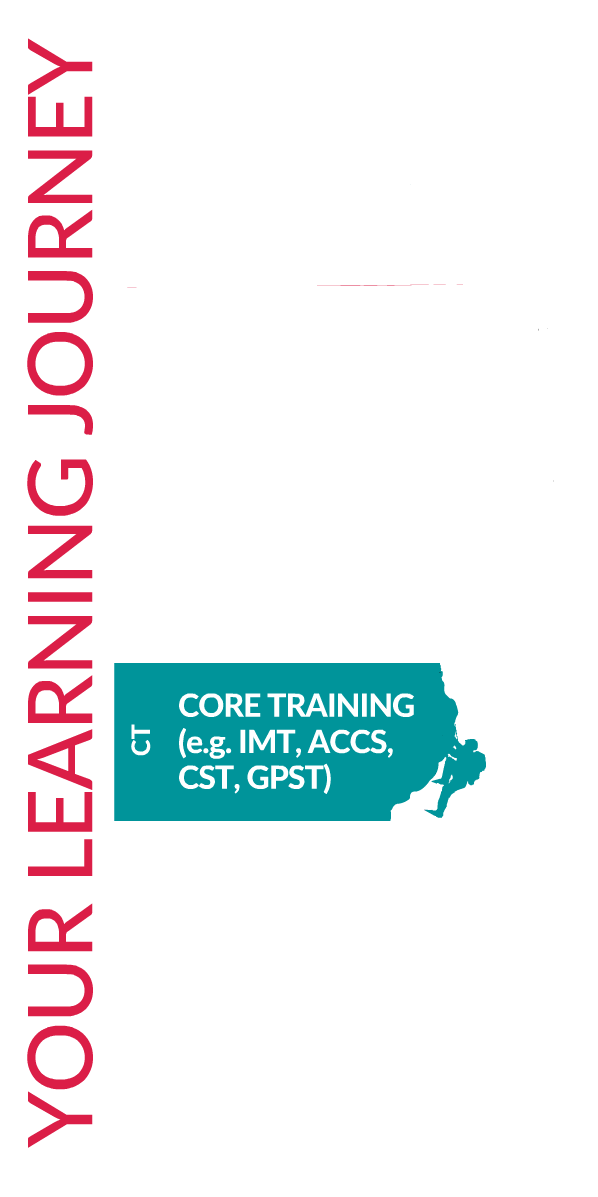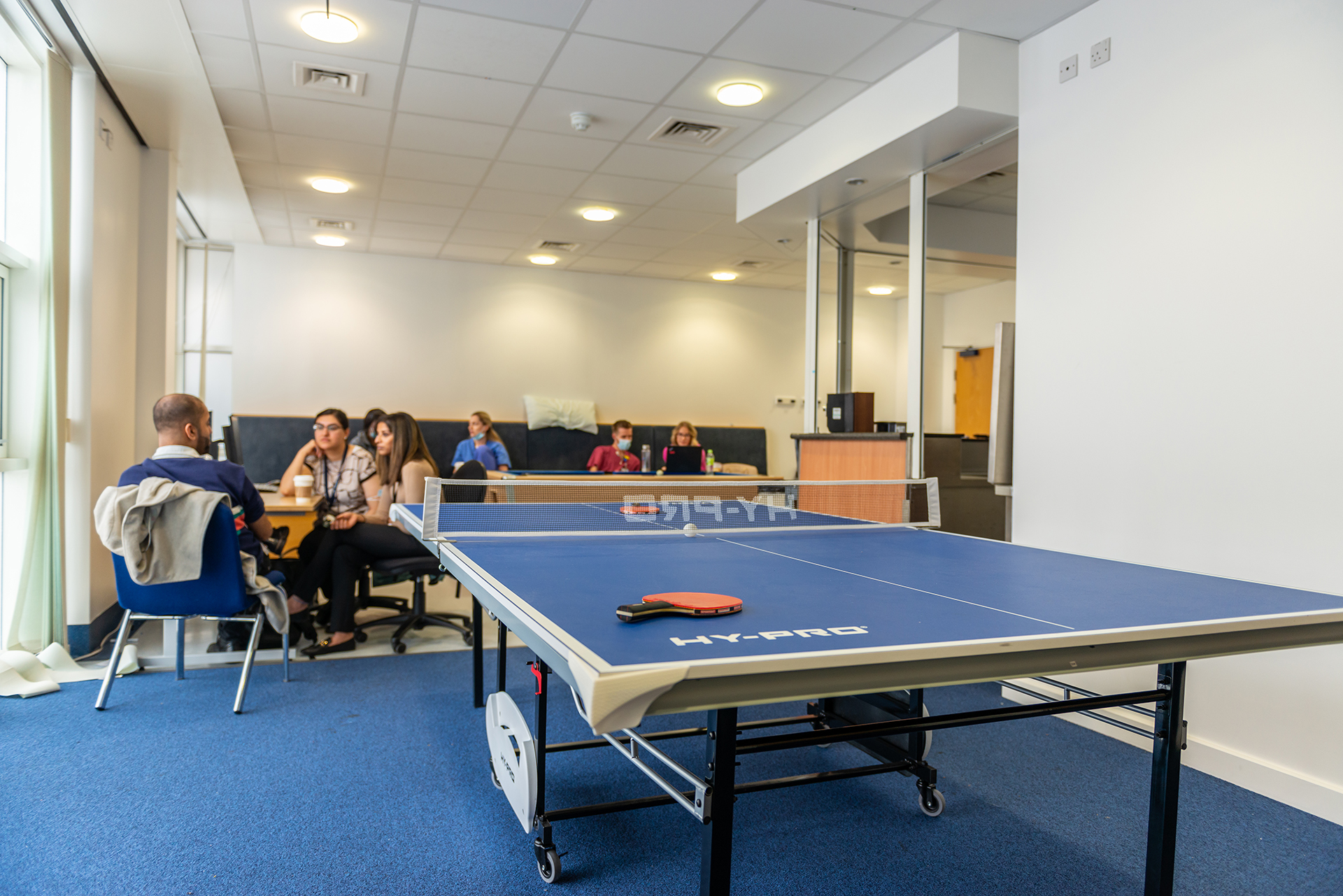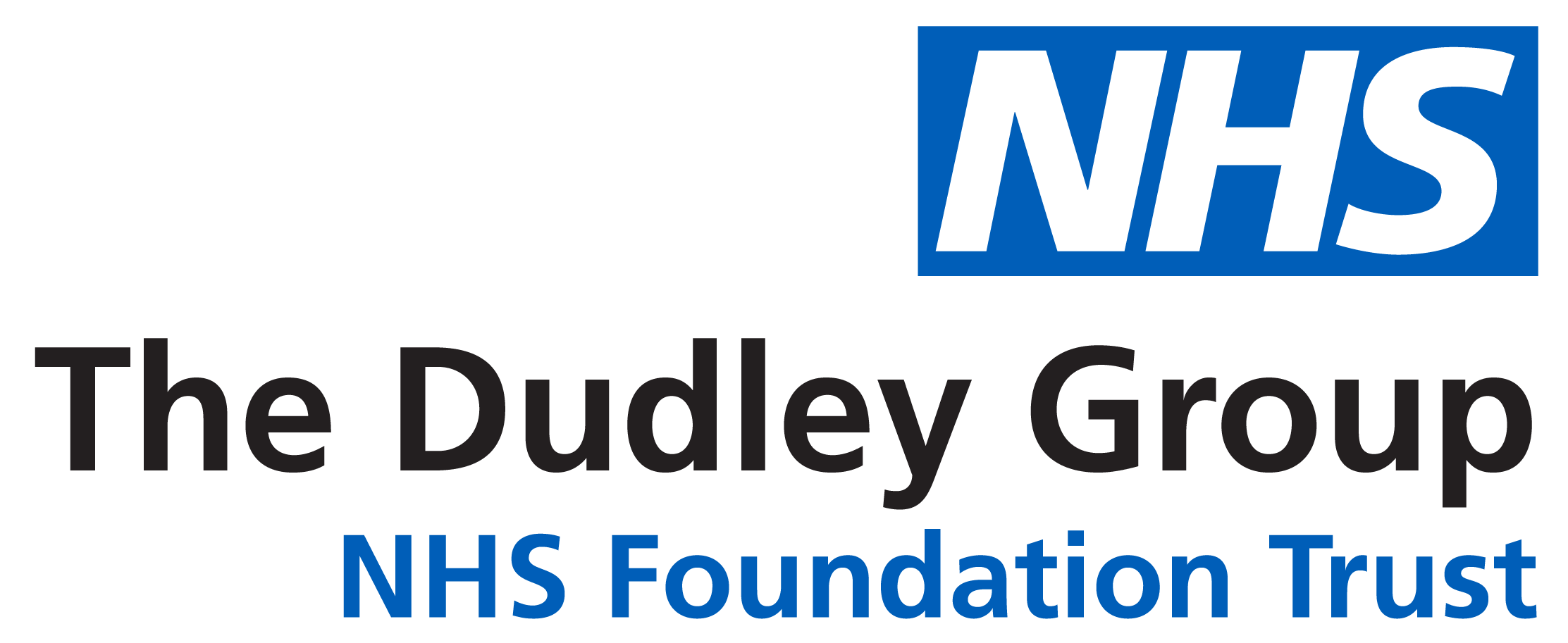Internal Medicine
Training
Internal Medicine Training (IMT) at The Dudley Group
Internal Medicine Training (Stage 1) replaced Core Medical Training in 2019. It is a three-year programme, which follows on from the foundation programme.
In IMT1 and IMT2, trainees will rotate through different specialties every four months (three rotations per year), including gaining experience in geriatrics and intensive care. Trainees will take part in the medical SHO on-call rota, which is divided into medical ward cover and clerking on the acute unselected take.
IMT3 consists of two rotations, each lasting six months. This includes a rotation in acute medicine. During IMT3, trainees will work as a Medical Registrar.
After completion of IMT, trainees can apply to higher medical specialty training. Medical specialties have been split into two different groups that follow different training pathways.
Group 1 specialties, which support acute medical care, recruit at ST4 level and include dual training in internal medicine.
Group 2 specialties, which are less acute and primarily outpatient-based services, recruit at ST3 level. They can be commenced after successful completion of IMT2. Higher training does not include dual training with internal medicine.
More information about group 1 and group 2 specialties can be found on the Joint Royal Colleges of Physicians Teaching Board (JRCPTB) website. Select the link below to find out more.

MEDICAL TRAINING FLOW CHART
OUR PEOPLE, THEIR INSIGHTS
– DR KOMALA KARTHIK
Komala talks about her experiences as an IMT doctor at The Dudley Group.
Internal Medicine
ePortfolio
Progress through IMT is recorded with the JRCPTB on NHS ePortfolio
Trainees are issued with a username for this at the start of training, as well as being allocated an educational and clinical supervisor.
The curriculum covers;
6 ‘Generic capabilities in practice’
8 ‘Clinical capabilities in practice’ and evidence is gathered using Supervised learning events (SLEs).
These SLEs include;
Acute Care Assessment Tool (ACAT)
Case Based Discussions (CBD)
Mini clinical evaluation exercise (mini-CEX).
Practical procedural skills are recorded using a Direct Observation of Procedural Skills (DoPS) form.
Trainees are also expected to attend outpatient clinics and take part in Quality Improvement projects.
The RCP College Tutors monitor progress through the ePortfolio and offer an interim ARCP meeting in preparation for the final ARCP.
The requirements to proceed through each year of IMT are outlined in the JRCPTBs’ decision aid document.
Select the button below to download.
IMT Teaching and
Examinations
SELECT A TITLE BELOW TO FIND OUT FURTHER INFORMATION
Do I get protected teaching time?
IMTs have protected teaching time every Wednesday 14:00 to 17:00. The first half an hour is for trainees to work on their ePortfolio. Teaching then takes place from 14:30 until 17:00 on Microsoft Teams. Invitations to the teaching sessions are sent in advance by the Clinical Education Centre staff.
Simulation & Clinical Skills Sessions
Throughout IMT, trainees will be invited to attend simulation courses with the team at SimWard, New Cross Hospital. Attendance is free and it is encouraged to attend a simulation course during each of the IM training years.
Clinical skills sessions are organised regularly throughout the year by the medical education team.
Internal Medicine Trainees are required to complete the membership exams for the Royal College of Physicians (MRCP) before starting higher specialty training.
There are three parts to the exam:
MRCP (UK) Part 1 written
MRCP (UK) Part 2 written
MRCP (UK) Part 2 clinical (PACES)
Bedside teaching for the PACES examination is organised by the Associate College Tutors. They should be contacted when starting to prepare for the exam. There are also virtual PACES teaching sessions run directly by Health Education England West Midlands through the Postgraduate Virtual Learning Environment.
More information about the examinations can be found on the following website;
Wellbeing and
Support

There are regular Resident Doctor Forum / Guardian of Safe Working meetings at Russells Hall Hospital. All junior doctors are encouraged to attend. There are also regular meetings with the RCP Associate Tutors and Associate College Tutors to discuss issues more specific to the IMT programme.
Doctors' Mess

The Dudley Group resident doctors mess is an organisation run by doctors, for doctors.
One mess is located on the ground floor along the corridor to the right of WHSmith. The mess offers a fridge, microwave, sofas, a TV and computers. It offers a comfortable place to relax and rest during a busy shift. It can be accessed 24 hours day and offers social events.
The other mess can be accessed with your ID card via the corridor directly opposite Action Heart by South Block entrance. The mess door is inside on the right.
The coffee shop in the main hospital canteen is open until 2am.
Library
Resources
We are committed to supporting clinical governance, evidence-based healthcare, research, leadership and management programmes. This includes a commitment to the continued education of all employees of The Dudley Group and to students on placement within the Trust. Please use the following link to view these resources.
LINKS TO ESSENTIAL DOCUMENTS
Select the links below to open some useful PDFs to help you with your training.
Health Careers
ePortfolios for doctors
Below are some useful website links that can help and support your training.









